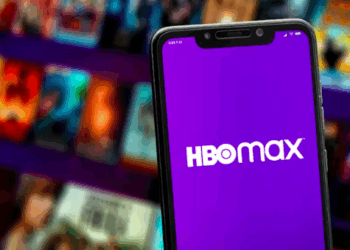The B‑BBEE sector code for the South African marketing, advertising and communications (MAC) industry has been gazetted by the department of trade and industry.
Media businesses, including traditional, digital and media agencies, will now be required to submit to annual verification against the new MAC sector code to obtain a B-BBEE rating.
The good news is that while the new sector code imposes stricter compliance requirements and targets, there are several new ways and added incentives for businesses to score points whilst delivering against their transformation plans and objectives.
There is also a two-year window (from 1 April 2016 to 31 March 2018) in which to meet compliance targets, and implement and deliver against a business’ transformation plans.
So how does the new MAC sector code differ from the generic codes?
For large entities (businesses with turnover greater than R50m, or PR agencies with turnover greater than R10m), the following differences are significant:
- A total of 33 additional points have been made available for businesses to score.
- Black ownership targets have increased from 25% to 45% (and 30% for black women ownership)
- The number of points available for absorption of black people at the end of learnerships and internship programmes has increased from 5 to 10
- Higher 2018 procurement targets have been set for qualifying spend incurred with QSEs and EMEs.
- The 2018 socio-economic development target is now 2.5% (as opposed to 1%) of net profit after tax (NPAT).
- An additional five points have been allocated to responsible social marketing and communications (or RSM), with an initial target of 1% of NPAT and a 2018 target of 2.5% of NPAT. This element measures the “annual value of contributions and participation in sector specific programs of the entity to promote responsible behaviour changes in line with Government’s strategic objectives”. Although it remains to be seen how this pillar will be interpreted, the sector code does call on the industry to play an active role in encouraging society to embrace habits and practices that contribute to its collective wellbeing and welfare in line with “the national agenda and the best interest of society”. The scourges of obesity and drunk driving are referenced.
For qualifying small entities (QSEs) (businesses with turnover greater than R10m but less than R50m, or PR agencies with turnover greater than R5m but less than R10m), the following differences are significant:
- A total of 15 additional points have been made available for businesses to score.
- There is a clear focus on enhanced ownership (from 10% to 12%) and management representation (20% to 25% in executive management; 25% to 30% in non-executive management) by black women.
- 2018 targets for skills development have increased. 10 bonus points are available for absorption of black people into the entity at the end of learnership and internship programmes.
- More points are available – and higher 2018 targets are set – for procurement from black-owned suppliers (up to 20% from 15% of qualifying spend), and for supplier and enterprise development (each up to 2% from 1% of NPAT).
- The 2018 target for socio-economic development target is now 2% of NPAT, whereas previously it was 1%.
An additional two points have been made available for contributing to or participating in RSM initiatives (initial target of 1% of NPAT and 2018 target of 2% of NPAT), plus three points for not receiving any adverse RSM rulings by the Advertising Standards Authority during the year.
The Red & Yellow School is offering training and development programmes to help MAC businesses achieve transformation goals. The popular Springboard Learnership Programmes, Full-Time, Part-Time and Online Courses are designed to help businesses develop talent.














